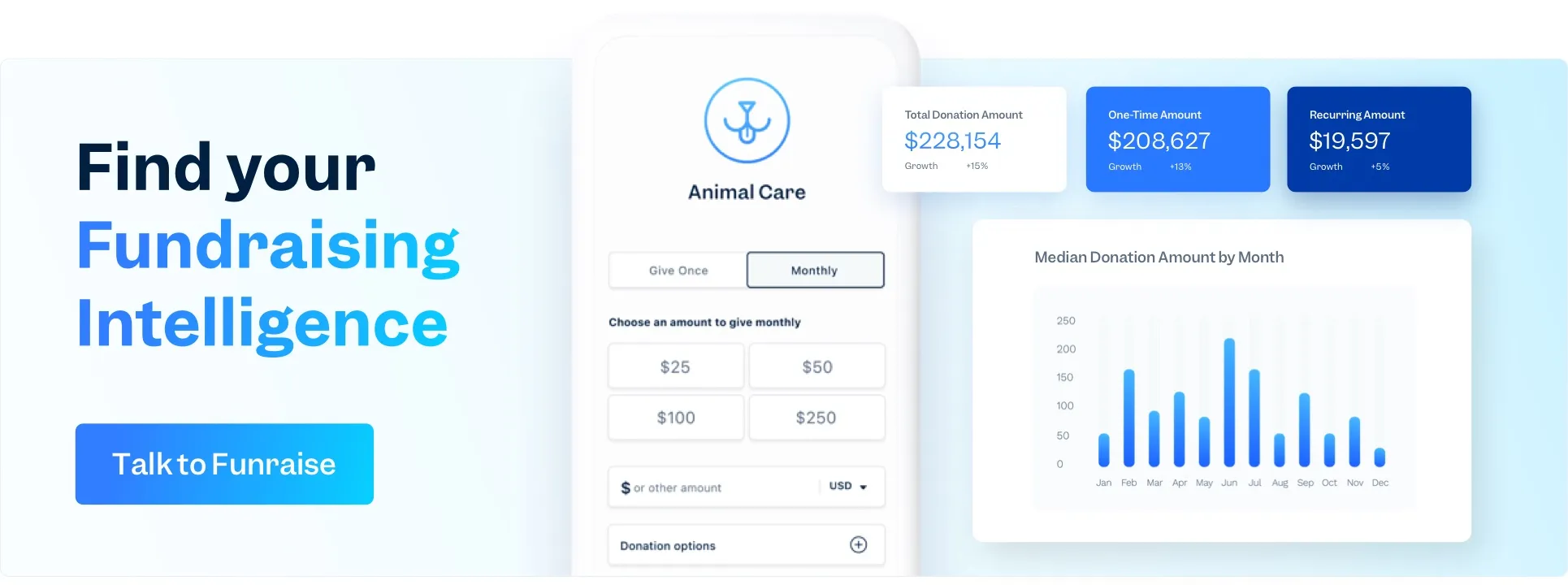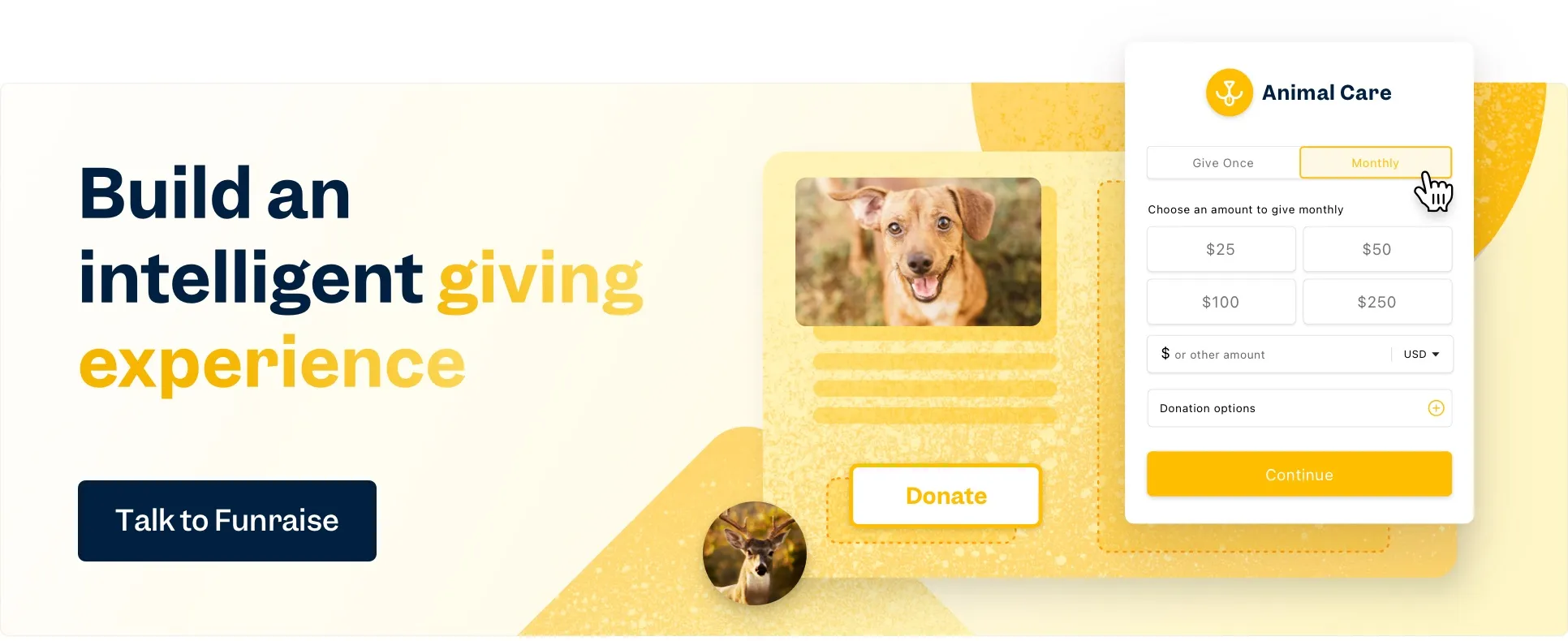Nowadays, everything is moving online. It’s not just meetings and events; it’s art, currency, data, and ideas. And as everything shifts, new languages arise, and we find ourselves hearing a whole lot of terms that make us say, “... come again?”
Fear not, brave nonprofiteer. Today, we’re going to quickly walk you through some relevant definitions so that you can navigate this modern digital world like a pro. Read on, and soon you’ll be rolling in the cryptocurrency and spending it all on NFTs.
What is blockchain?
What blockchain actually is:
Blockchain technology is not a company or an app. It's a way to digitally document data. The technology hosts separate digital records, or blocks, each with their own identifier, or hash. Every block contains specialized data, including the hash of the block that was added before it, which is the link that chains the two blocks to each other.
While the specialized data in the block contains transaction data, it only identifies buyers and sellers by a digital signature that doesn't offer any personal data.
What that actually means:
Anyone on the network can see the digital signatures connected to any transaction, but there's no way to trace the transaction back to the buyer. No one will know it was you who bought that thing. (You know The Thing.)
When they say it's decentralized, they mean no one person, organization, or computer controls access to all of the blocks in the chain. The blockchain is not reliant on one central owner.
When they say it's distributed, they mean that lots of people, organizations, and computers share these depersonalized, data-filled blocks, and any verifications and changes to the data are confirmed by everyone that shares the blocks.
To help get concept of blockchain across, let’s look at the key question:
“How is blockchain technology different than the system I already know?”
If you're anything like us, you mean database technology, which is one central holder-of-data. That holder-of-data owns information that it collects and it decides whether other people, organizations, or computers can access it.
The easy database example is Amazon. You buy something from Amazon and they have all of your information—name, address, payment method, purchase history. They own that information and can rent, sell, or trade it if they want to. (And they want to.)
Blockchain is different because the information in the blockchain is not owned by anyone. This means that while the information is all ultimately accessible, no company, government, or person can control you or make money off of their knowledge of your health, wealth, or habits.
What is Bitcoin?
Are blockchain and Bitcoin the same thing? Nope. Bitcoin runs on blockchain technology, but the two are not interchangeable. Bitcoin is a digital currency that's not owned or backed by any entity. It exists on blockchain technology, which makes it more secure and cheaper to use than traditional government-backed currencies.
Another attractive thing about Bitcoin is its pseudo-anonymity. Individual transactions are transparent, but knowing who took part in those transactions is difficult to trace. This emphasis on security and privacy drives many people to invest in cryptocurrency.
Cybercurrency is well-suited to our increasingly digital lifestyle because it's cheaper to use, insure, protect, and store than the government-backed currencies we currently use. Unfortunately, bitcoin's not easy to spend—yet. We're still in the infancy stages of cryptocurrency, with clunky software and hard-to-navigate or few-and-far-between usage options.
Not a lot of places in the Western world accept bitcoin right now, but think in terms of the progress of the internet—it's changed the world in just a few years. Cryptocurrency has the potential to change our world and influence our lives just as greatly.
“So why do I want bitcoin?”
Well, maybe you don't, but there are people around the world in countries or situations where their safety or health can be compromised just by having accessible, trackable currency. As Anne Connelly says,
Imagine a North Korean citizen in 2009 who had saved for years, only to have all of their savings wiped out in the government's surprise redenomination.
Imagine a woman in Saudi Arabia making a donation to a women's rights organization, then the government seizing the information. That woman could be jailed or killed for trying to support women's rights.
That's a real danger of traditional currency versus Bitcoin, which allows the North Korean to save money safely, and the Saudi woman to make an untraceable donation. The freedom that Bitcoin offers will be transformative in ways we can only imagine.
SOURCES































.webp)
.webp)











.webp)
.webp)

.webp)
.webp)
.webp)




